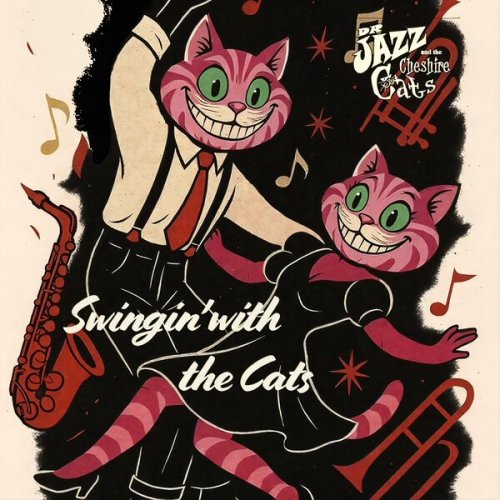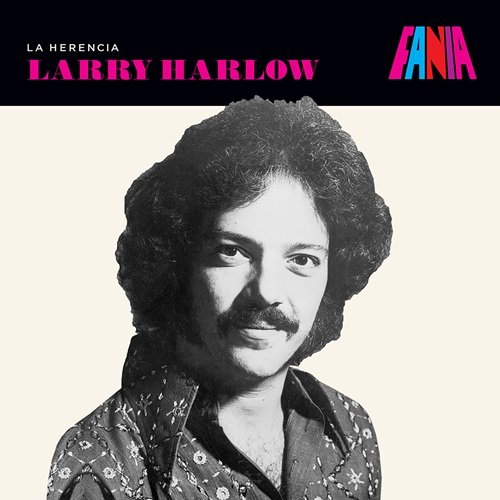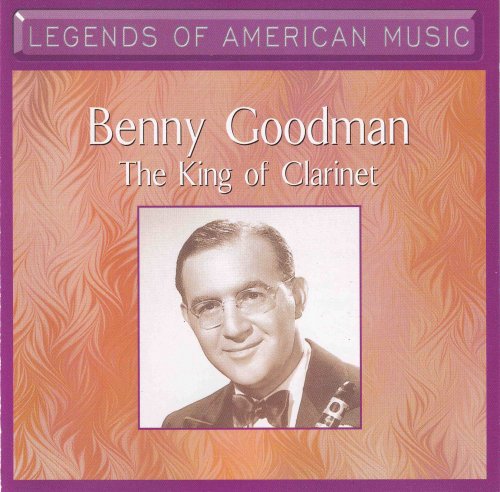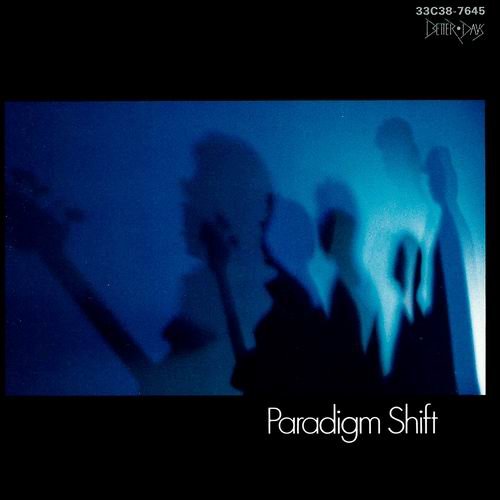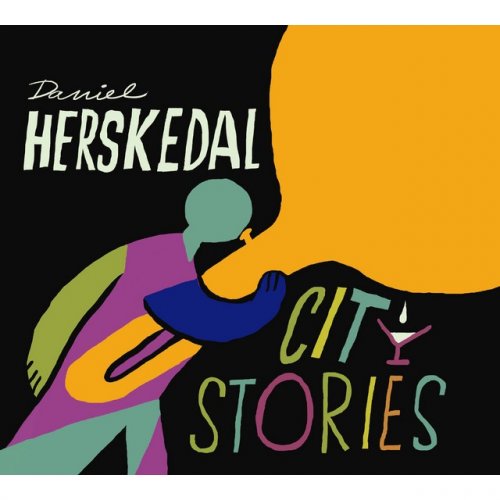Conrad van Alphen - Grieg: Holberg Suite, Op. 40 - Dvořák: Serenade for Strings in E Major, Op. 22, B. 52 - Elgar: Serenade for Strings in E Minor, Op. 20 (2022)
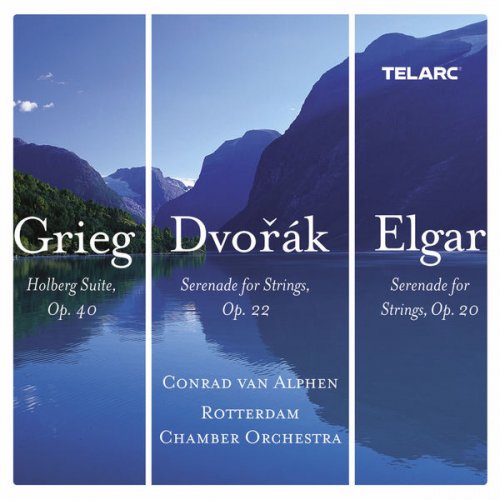
Artist: Conrad van Alphen, Rotterdam Chamber Orchestra
Title: Grieg: Holberg Suite, Op. 40 - Dvořák: Serenade for Strings in E Major, Op. 22, B. 52 - Elgar: Serenade for Strings in E Minor, Op. 20
Year Of Release: 2003 / 2022
Label: Telarc
Genre: Classical
Quality: FLAC (tracks)
Total Time: 59:12
Total Size: 255 MB
WebSite: Album Preview
Tracklist:Title: Grieg: Holberg Suite, Op. 40 - Dvořák: Serenade for Strings in E Major, Op. 22, B. 52 - Elgar: Serenade for Strings in E Minor, Op. 20
Year Of Release: 2003 / 2022
Label: Telarc
Genre: Classical
Quality: FLAC (tracks)
Total Time: 59:12
Total Size: 255 MB
WebSite: Album Preview
01. Grieg: Holberg Suite, Op. 40: I. Prelude. Allegro vivace
02. Grieg: Holberg Suite, Op. 40: II. Sarabande. Andante
03. Grieg: Holberg Suite, Op. 40: III. Gavotte. Allegretto - Musette. Poco più mosso
04. Grieg: Holberg Suite, Op. 40: IV. Air. Andante religioso
05. Grieg: Holberg Suite, Op. 40: V. Rigaudon. Allegro con brio
06. Dvořák: Serenade for Strings in E Major, Op. 22, B. 52: I. Moderato
07. Dvořák: Serenade for Strings in E Major, Op. 22, B. 52: II. Tempo di valse
08. Dvořák: Serenade for Strings in E Major, Op. 22, B. 52: III. Scherzo. Vivace
09. Dvořák: Serenade for Strings in E Major, Op. 22, B. 52: IV. Larghetto
10. Dvořák: Serenade for Strings in E Major, Op. 22, B. 52: V. Finale. Allegro vivace
11. Elgar: Serenade for Strings in E Minor, Op. 20: I. Allegro piacevole
12. Elgar: Serenade for Strings in E Minor, Op. 20: II. Larghetto
13. Elgar: Serenade for Strings in E Minor, Op. 20: III. Allegretto
The string serenade retained much of its Classical shape and flavor in the nineteenth century, yet it peculiarly developed into a vehicle for sentiment and nostalgia, unlike most other forms cultivated by Romantic composers. The backward glance to an idealized time gives Grieg's Holberg Suite its antiquarian feeling, and if the music vaguely sounds Baroque, it is because Grieg sought out eighteenth century models to evoke the period of Ludvig Holberg, whom this piece celebrates. Even so, there is no mistaking the work's Romanticism, since its lush harmonies and textures give the game away. Dvorák's Serenade is not pointedly archaic, though it, too, falls back on the previous century's forms to suggest gentility and composure, with only occasional hints of Dvorák's customary boisterousness. Elgar's Serenade does not derive its pensive sweetness from the past, but rather from a more generalized yearning that filters through much fin de siècle music, particularly the salon pieces of the era. Although Elgar's music here is more ambitious than in his previous miniatures, it shares with them the same wistfulness and sense of introspection. The Rotterdam Chamber Orchestra, led by Conrad van Alphen, gives these works polished performances, and Telarc's recorded sound is pleasant, if a little unfocused and flat.
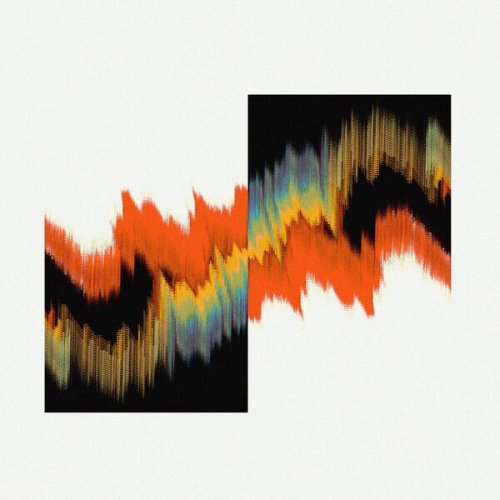
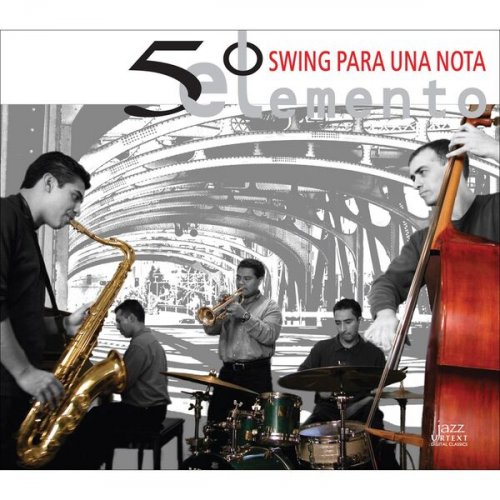
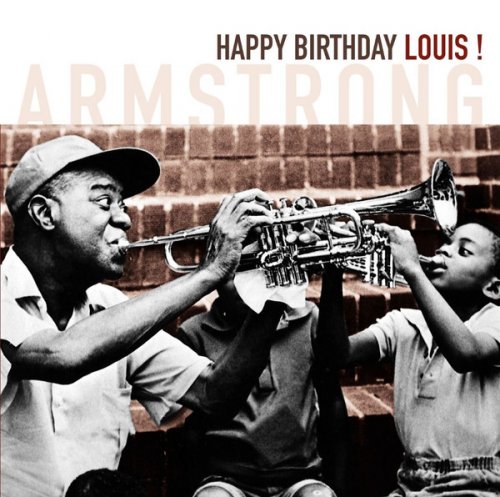
![Bosq, Kaleta - No Be Today (2024) [Hi-Res] Bosq, Kaleta - No Be Today (2024) [Hi-Res]](https://img.israbox.com/img/2026-01/21/b6qjulbuzofqpgch2g3kpo3m3.jpg)
